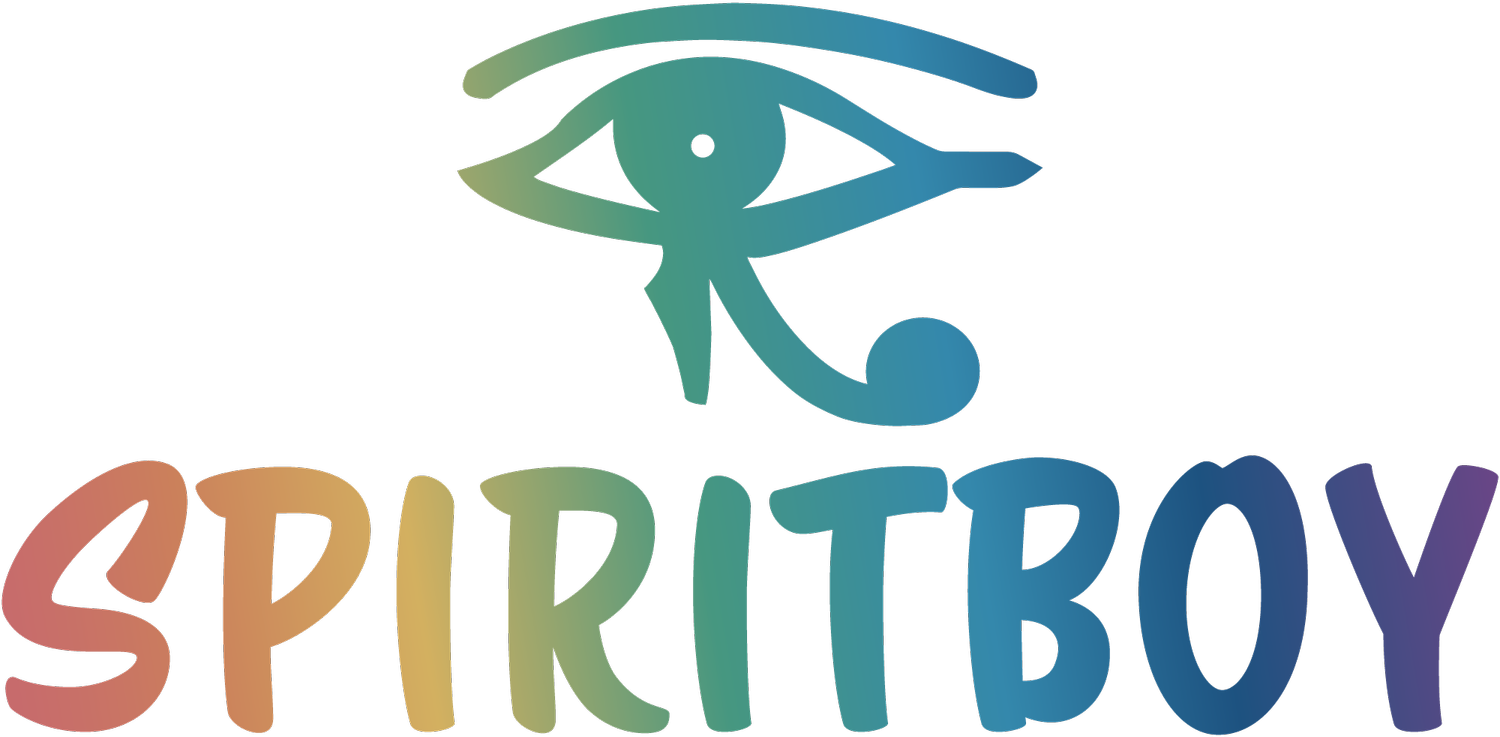Eight spiritual practices for becoming a better person
In this article, I discuss eight ways we can be happy and at peace with ourselves and the people around us and how we can change, become better people and live with happiness.
Cultivate compassion
Compassion is a powerful force that can transform us and the lives of those around us. It involves feeling empathy for others, being mindful of their suffering, and taking action if possible to alleviate their pain. By cultivating compassion, we can develop a deeper connection with others, increase our sense of purpose, and create a more peaceful world.
One way to practice compassion is to practice mindfulness meditation. This involves being fully present, observing your thoughts and emotions without judgment, and cultivating a sense of loving kindness towards ourselves and others. By practising mindfulness regularly, we can develop greater self-awareness, empathy, and compassion.
Change negative thought patterns
Negative thought patterns have a profound impact on our well-being, health and our relationships. Common negative thought patterns include self-doubt, self-criticism, and negative self-talk. By changing these negative thought patterns, we can improve our self-esteem, reduce stress and anxiety, and cultivate a more positive outlook on life.
One way to change negative thought patterns is to practice positive affirmations. This involves repeating positive statements to ourselves. Affirmations such as “I am worthy of love and respect” or “I am capable of achieving my goals” go a long way to helping us achieve respect for ourselves. By repeating these affirmations regularly, we can reprogram our subconscious mind and create more positive thoughts.
Practice forgiveness
Forgiveness is a key component of spiritual growth and personal development. When we hold onto grudges and resentments for others, we create negative energy within ourselves that can lead to emotional and physical pain. By practising forgiveness, we can release this negative energy and create space for love, compassion, and healing.
Forgiveness does not mean forgetting bad behaviour or the past hurts. Instead, it involves letting go of the negative emotions around them and finding compassion for ourselves and others. By practising forgiveness, we can create more harmonious relationships, reduce stress and anxiety, and create a more peaceful world.
Embrace gratitude
Gratitude is another powerful tool for our personal growth and spiritual development. By concentrating on the things we’re grateful for, we can cultivate a sense of joy, abundance, and appreciation in life. Gratitude can also help us shift our focus from what we don’t have to what we do have, which can lead to greater happiness and fulfilment.
One way to embrace gratitude is to practice gratitude journaling. This involves writing down three things you’re grateful for each day, such as a good cup of coffee, a kind gesture from a friend, or a beautiful sunset. By focusing on these positive aspects of life, we can cultivate a more positive outlook and create happiness and fulfilment in our lives.
Practice self-care
Self-care is essential for our physical, emotional, and spiritual well-being. When we neglect our own needs, we become more susceptible to stress, anxiety, and burnout. By practising self-care, we can cultivate greater self-love, self-compassion, and self-awareness for ourselves and others.
Self-care can take many forms, such as regular exercise, healthy eating, getting enough sleep, or engaging in activities that bring us joy and fulfilment. By making self-care a priority, we can enjoy a more balanced and harmonious life.
Smile and greet strangers
Simple acts of kindness, such as smiling and greeting strangers, can have a profound impact on our own well-being and the well-being of those around us. By showing kindness and compassion to others, we can create a more positive and connected world.
Smiling and greeting strangers can be a simple yet powerful way to spread kindness and positivity. When we acknowledge and greet strangers, we show them that they are seen and valued, which can create a sense of belonging and connection. This helps spread the joy.
Release negative emotions
Negative emotions, such as anger, resentment, and fear, can create a lot of pain and suffering for each of us. By learning to release these negative emotions, we can be more at peace and find happiness within ourselves and in our relationships with others.
One way to release negative emotions is to practice emotional release techniques, such as deep breathing, journaling, or meditation. By acknowledging and expressing our emotions in a healthy way, we can release them and create space for more positive emotions, such as love, compassion, and joy.
Staying positive
Staying positive is a powerful tool for personal growth and spiritual development. By focusing on the positive aspects of life, we can cultivate a sense of gratitude, joy, and abundance. Positive thinking can also help us overcome challenges and obstacles with greater ease and resilience.
One way to stay positive is to practice positive self-talk. This involves replacing negative thoughts and beliefs with positive ones, such as “I am capable of handling this challenge” or “I trust that everything will work out for the best.” By practising positive self-talk regularly, we can create a more positive and optimistic outlook on life.
So start your day smiling and help others around you bring in the joy.

